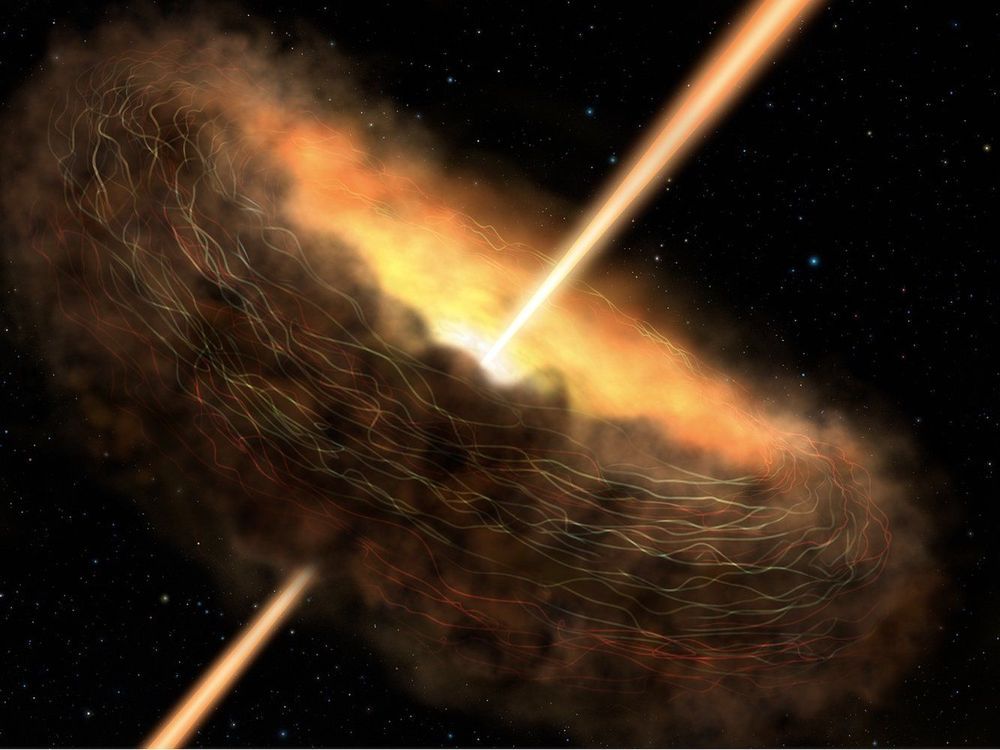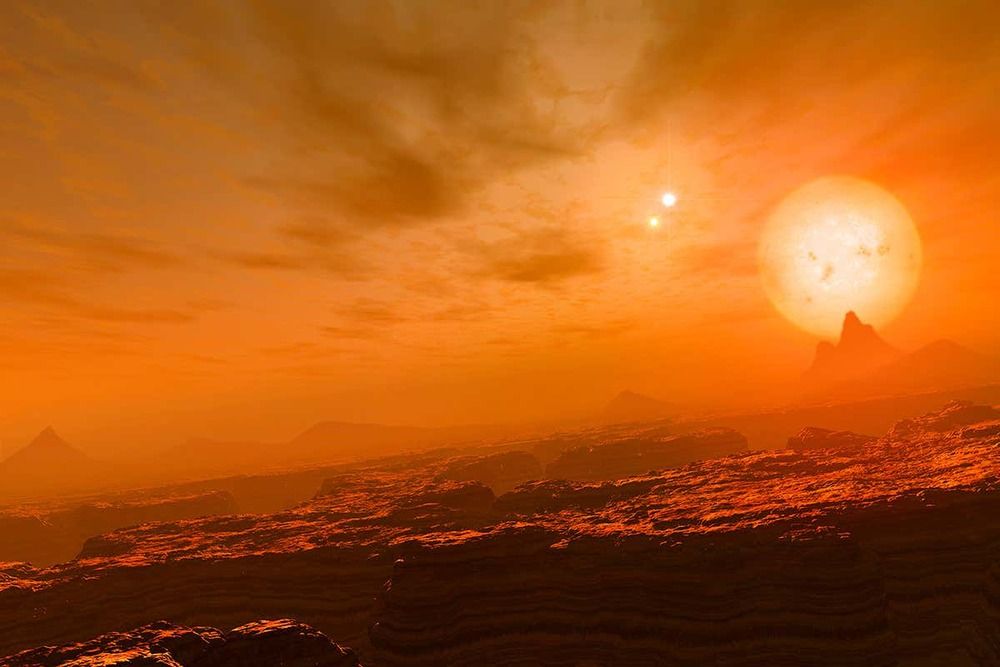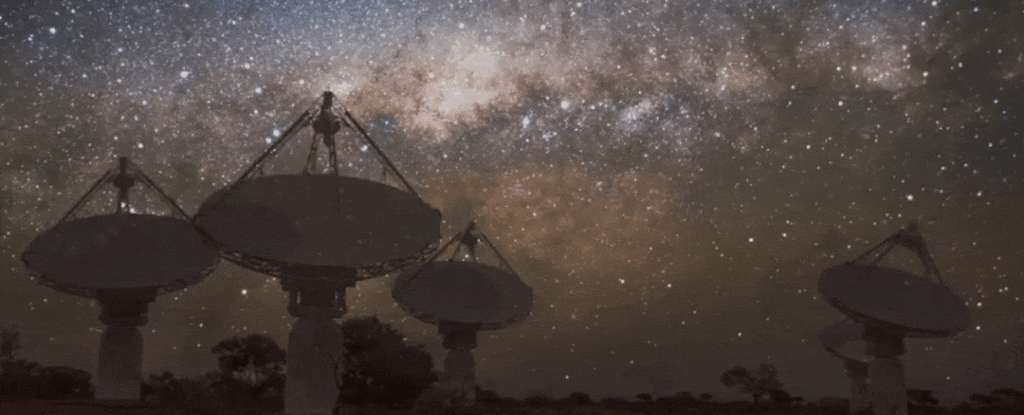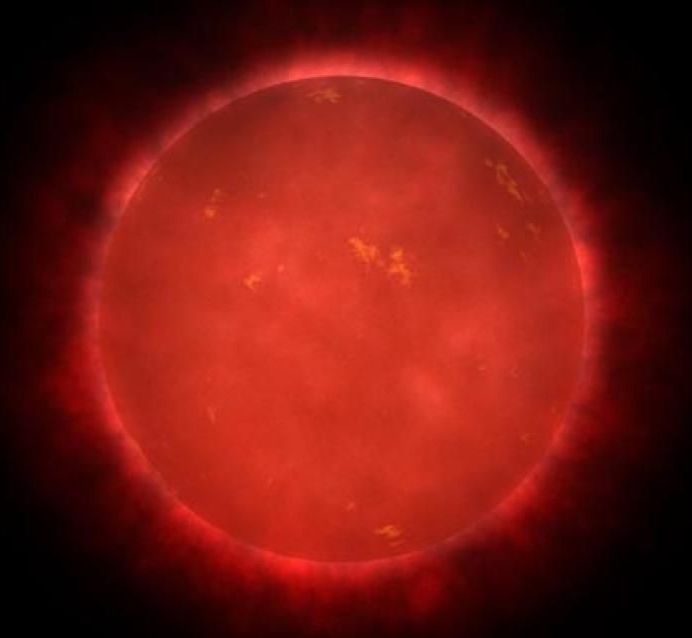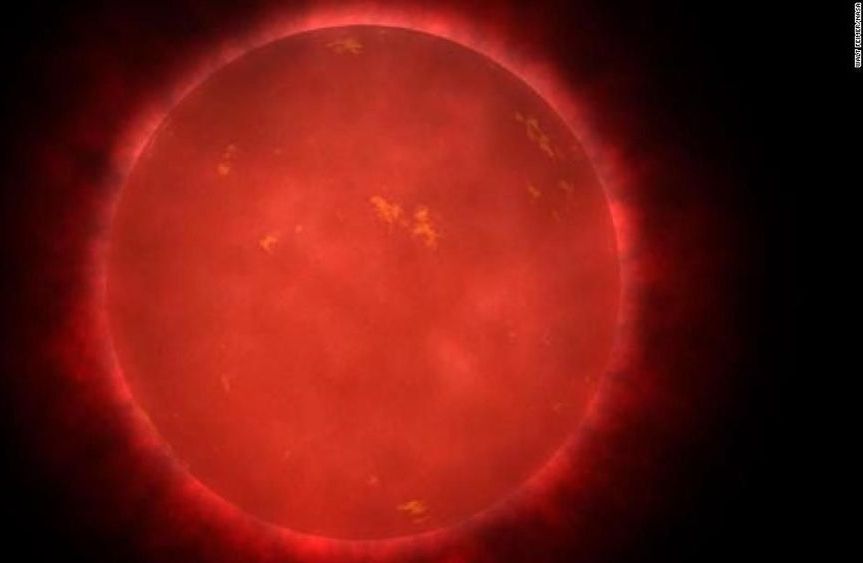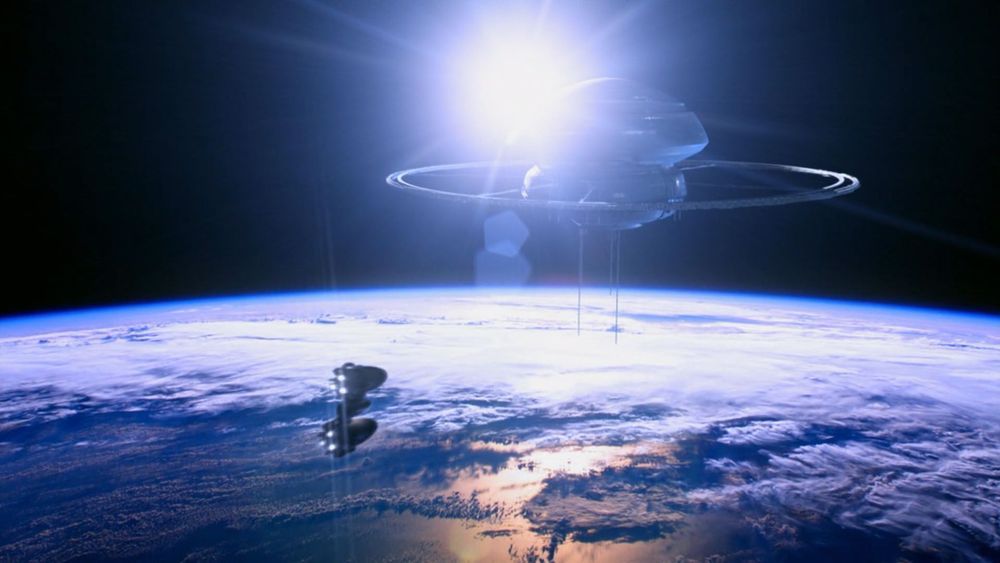O.o…
Black holes are engines of destruction on a cosmic scale, but they may also be the bringers of life. New research on supermassive black holes suggests that the radiation they emit during feeding frenzies can create biomolecular building blocks and even power photosynthesis.
The upshot? Far more worlds roaming the Milky Way and beyond could be suitable to life, the researchers speculated.
For their new study, published May 24 in the Astrophysical Journal, scientists created computer models to look at the radiating disks of gas and dust called active galactic nuclei, or AGN, that swirl around supermassive black holes. Some of the brightest objects in the universe, AGN form as a black hole’s gravity binds matter. As that matter swirls around a black hole, it releases incredible amounts of light and radiation. [9 Ideas About Black Holes That Will Blow Your Mind].
